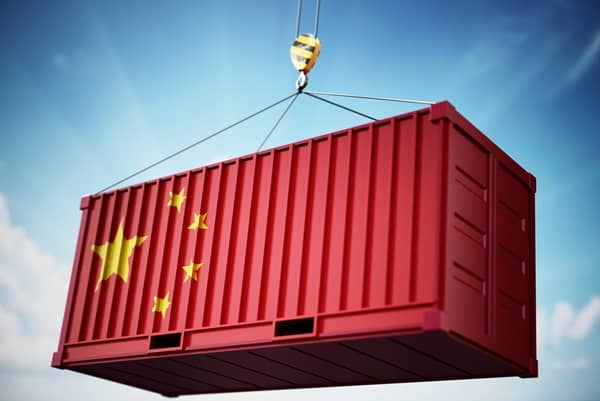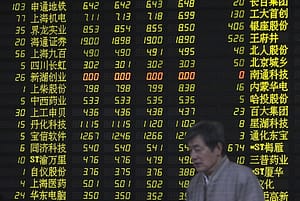In a new escalation of the trade dispute between China and the United States, Beijing has decided to suspend soybean import licenses for three U.S. companies and halt purchases of logs from that country.
This measure is retaliation for the recent tariffs imposed by the Trump administration, which have increased tensions between the two economic powers.
The companies affected by this restriction are CHS Inc., Louis Dreyfus Company Grains Merchandising LLC, and EGT.
Chinese authorities have justified the suspension of imports by citing the presence of impurities in soybeans and the detection of pests in the logs.
However, such measures have been interpreted as a clear message regarding the growing trade war between the two nations.
In addition to the import bans, China has imposed additional tariffs on various U.S. agricultural products. Among the most affected are wheat, corn, and cotton, which now face a 15% levy, while soybeans, meat, and dairy products will have to pay an additional 10% to enter the Chinese market. In total, these tariffs cover goods valued at $21 billion.
With this situation, China has intensified its efforts to reduce its dependence on trade with the United States. To this end, it has increased its imports of soybeans and other agricultural products from South America, strengthening trade agreements with countries like Brazil and Argentina. Likewise, it is promoting the growth of its farming industry by offering incentives to local producers.
The trade dispute has also led China to take additional measures against U.S. companies. Restrictions have been imposed on firms linked to the technology and defense sectors, which could affect the supply chain of several strategic products. At the same time, Beijing has taken the case to international organizations, arguing that U.S. actions violate global trade regulations.
This trade conflict has significant implications not only for both countries but also for the entire global economy. Financial markets have reacted with volatility to these decisions and sectors such as agriculture and manufacturing could suffer the consequences in the coming months.
In conclusion, China’s decision to harden its stance against U.S. tariff measures marks a new chapter in the trade war between the two powers. The suspension of imports and the increase in tariffs reflect a calculated strategy to protect its interests and diversify its supply sources. As this dispute continues, new global economic challenges will likely emerge.






Leave a Comment